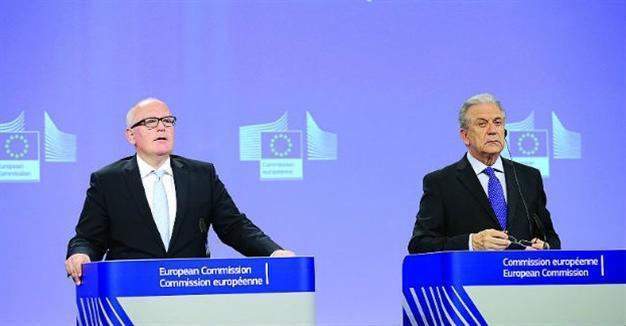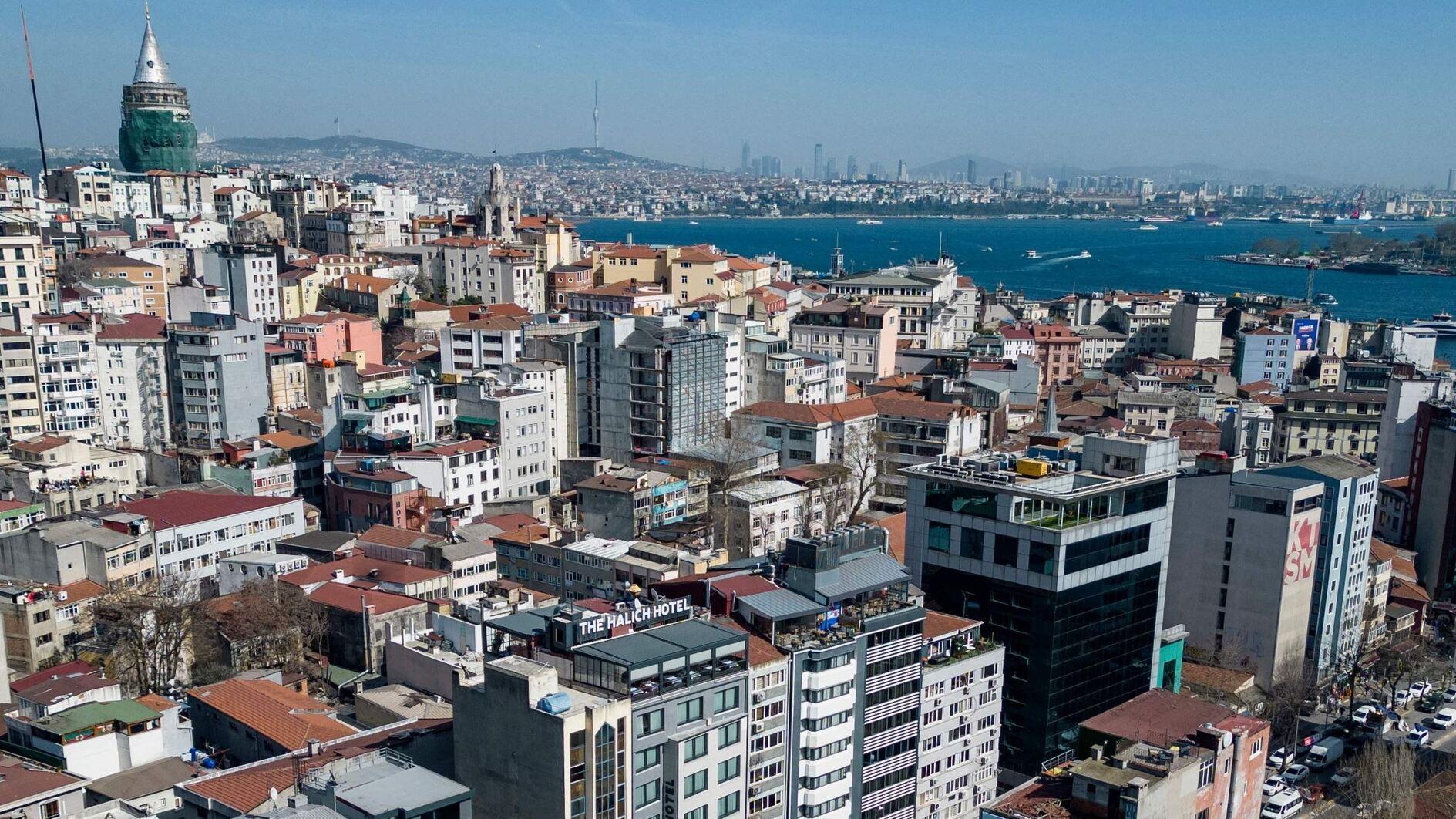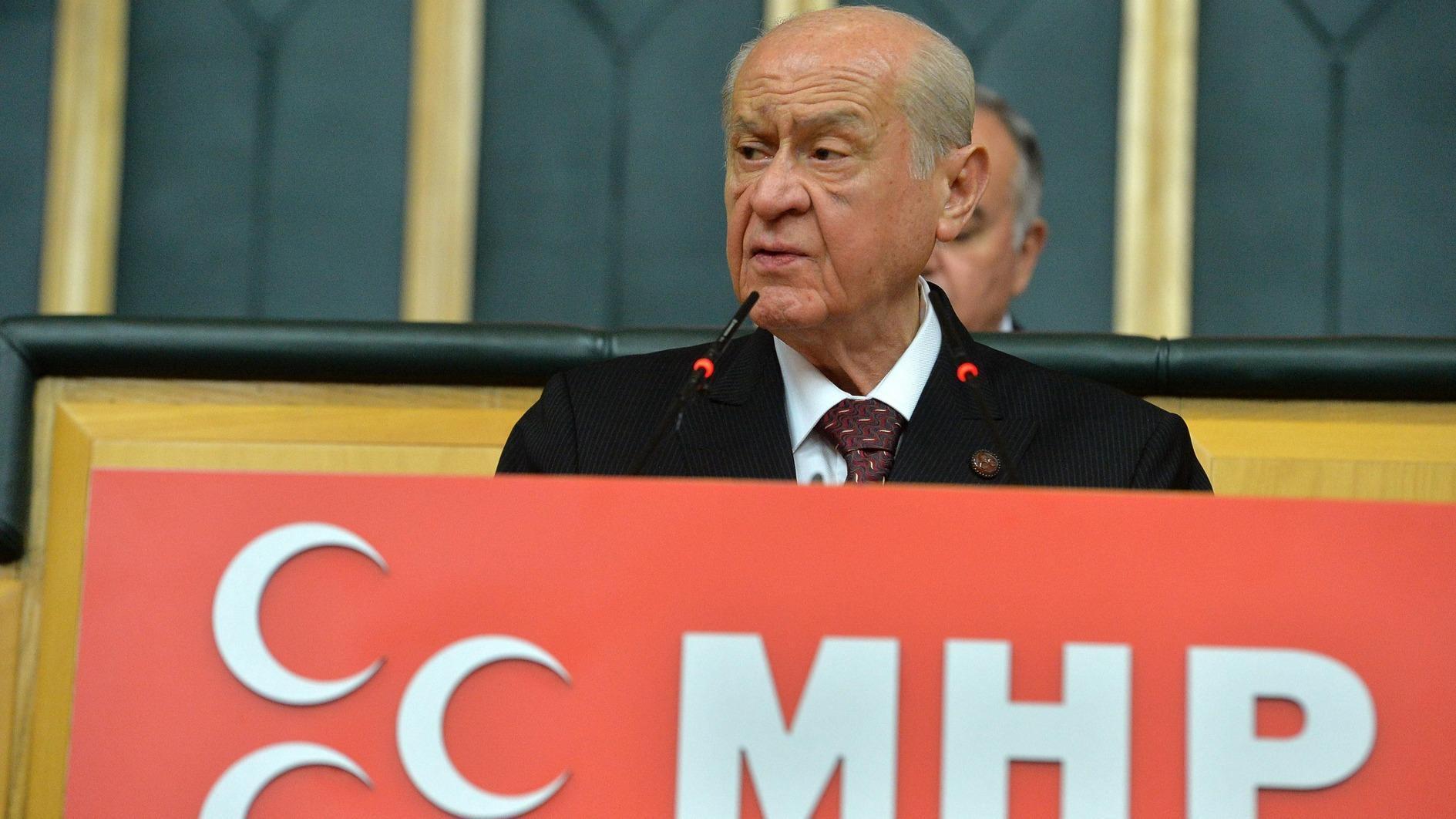EU takes historic step to lift travel visas for Turks
BRUSSELS

AA photo
The European Union’s executive branch, the European Commission, has taken a historic step in recommending the lifting of travel visas for Turkish citizens inside the visa-free Schengen zone.As part of a Turkey-EU migrant deal reached to curb the flow of migrants into the bloc, the EU pledged visa-free travel for Turkish citizens by July on the stipulation that Turkey met all 72 required criteria.
Since March 18, when the deal was signed, Turkey has made intense efforts to pass all the laws needed to meet the 72 criteria.
In its recommendation report, the commission said Turkey had not fulfilled all but most of the criteria, while also urging the country to meet the remaining criteria as immediately as possible.
“The European Commission is today proposing to the European Parliament and Council of the European Union to lift the visa requirements for the citizens of Turkey, under the understanding that the Turkish authorities will fulfill, as a matter of urgency and as they committed to do so on March 18, 2016, the outstanding benchmarks of its Visa Liberalization Roadmap,” read the commission’s decision.
Speaking after the commission’s decision, European Commission Vice-President Frans Timmermans said there needed to be work done by Turkey by the end of June.
“There is still work to be done as a matter of urgency. But if Turkey sustains the progress made and continues at the same pace, they can meet the remaining benchmarks,” said Timmermans May 4 during a press conference, alongside Dimitris Avramopoulos, the EU commissioner for migration, home affairs and citizenship.
“There’s no free ride here and we are clear about what remains to be done. There are five remaining benchmarks that we expect Turkey to meet by the end of June,” said Timmermans.
Timmermans also said the commission had proposed to amend the overall regulation affecting such visa-free schemes to include a new “snap-back mechanism” that would give governments the right to quickly suspend such entitlements if there were problems.
The idea was proposed last week by France and Germany, which are both facing public concern about the easing of visas for 79 million Turkish citizens.
On a practical level, however, few if any Turks will be able to come to Europe’s Schengen zone in July without a visa since the regulation is limited to those with modern, biometric passports – which Turkey does not issue at present.
Timmermans insisted that only those Turks with biometric passports would enter without a visa. He said such passports would represent a more secure system than the current procedure in which Turks produce simple, paper passports with their visas.
Turkey’s minister for EU affairs, Volkan Bokzır, told a news conference in Ankara that he believed all 72 criteria had already been met.
“The commission confirms this to a large extent,” Bozkır said, adding that he hoped the process could be completed on schedule by the end of June.
The commission’s technical approval for visa liberalization is of crucial importance but the process will only be finalized if the European Parliament and the 28 member states of the European Council approve the decision, which are rather seen as political approvals.
On May 3, just one day before the European Commission’s decision, the Turkish parliament approved a law to establish a panel to monitor discipline for law enforcement officials, one of the last of the 72 criteria.
This commission recommendation will first be discussed at the European Parliament’s Civil Freedoms and Home Affairs Commission, whereafter it will be voted on at the parliament’s general assembly. For the decision to pass from the EP, a simple majority is needed.
If it passes the EP, then it will be voted on at the European Council, where 55 percent of the countries need to vote for the decision, while these countries’ population need to be at least 65 percent of the EU’s whole population.
In its latest bid to tackle the biggest migration crisis since World War II, the European Commission proposed making countries pay a “solidarity contribution” of 250,000 ($290,000) euros per refugee they decline to take.
















